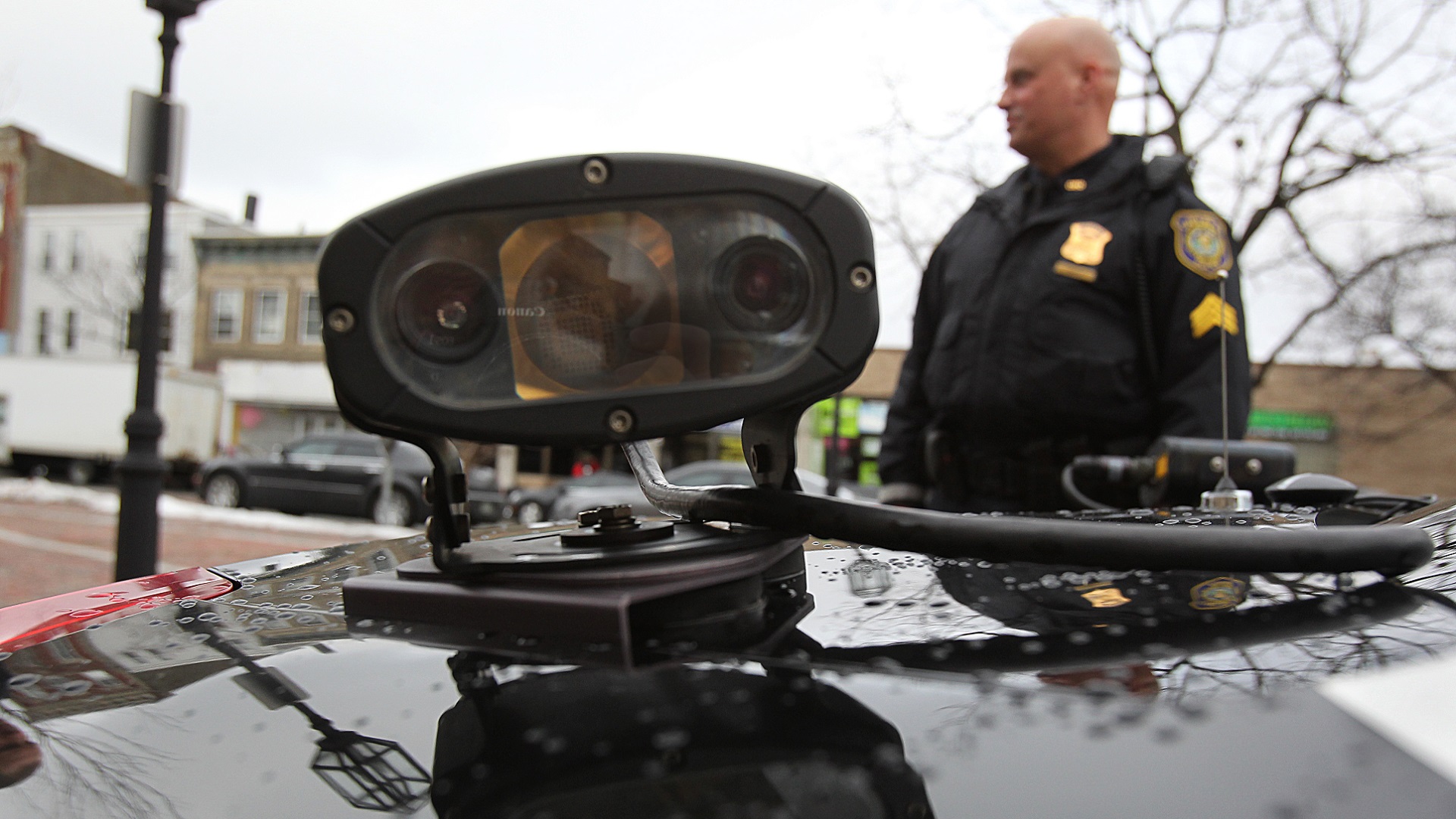

Civil rights activists are up in arms after it was revealed that Sacramento County welfare fraud investigators have been tracking the movements of suspects using data from automatic license plate recognition systems since 2016, reports the Sacramento Bee.
Automatic license plate recognition (ALPR) technology has been a point of contention for civil rights groups since its inception. These devices, installed on many highways and some police cars, record when a particular car passes through a particular place. Privacy advocates such as the Electronic Frontier Foundation have objected to such a wide scale collection of people’s whereabouts and movements, calling it an invasion of privacy. Some law enforcement agencies, such as Boston, Massachusetts, have actually stopped using ALPR as a direct result of these concerns.
A California lawsuit filed by the EFF and the American Civil Liberties Union last year resulted in ALPR data being declared public records, not protected records of law enforcement investigations as an earlier Superior Court finding determined. But was Sacramento County welfare within its rights to use ALPR data in its investigations? The EFF says no.
“Location-based information like license plate data can be very revealing,” says the EFF website. “By matching your car to a particular time, date and location, and then building a database of that information over time, law enforcement can learn where you work and live, what doctor you go to, which religious services you attend, and who your friends are.”
Department of Human Assistance Director Ann Edwards agrees. “It’s really used to help us locate folks that are being investigated for welfare fraud,” Edwards told the Sacramento Bee. “Sometimes they’re not at their stated address.”
But Mike Herald, a director with the Western Center on Law and Poverty, believes that accessing the ALPR for relatively minor fraud cases like this is too invasive.
“The use of these really invasive tools…really bothers me, because we’re really talking about small amounts of money and people who in the main are not actually committing fraud,” Herald told the Sacramento Bee. “I think we’re only picking on a group of people who are extremely poor and they want to create a perception with the public that there is a real big fraud problem with welfare programs.”
Another problem is that California Senate Bill 34, passed in early 2016, required government agencies using ALPR data to create a privacy and usage policy that respected people’s privacy and civil liberties. The Department of Human Assistance had not done this until the EFF asked for a copy of this policy, at which point it quickly created one and posted it on its website. Internal audits to ensure that data was not being misused were also not being done, but will begin this week.